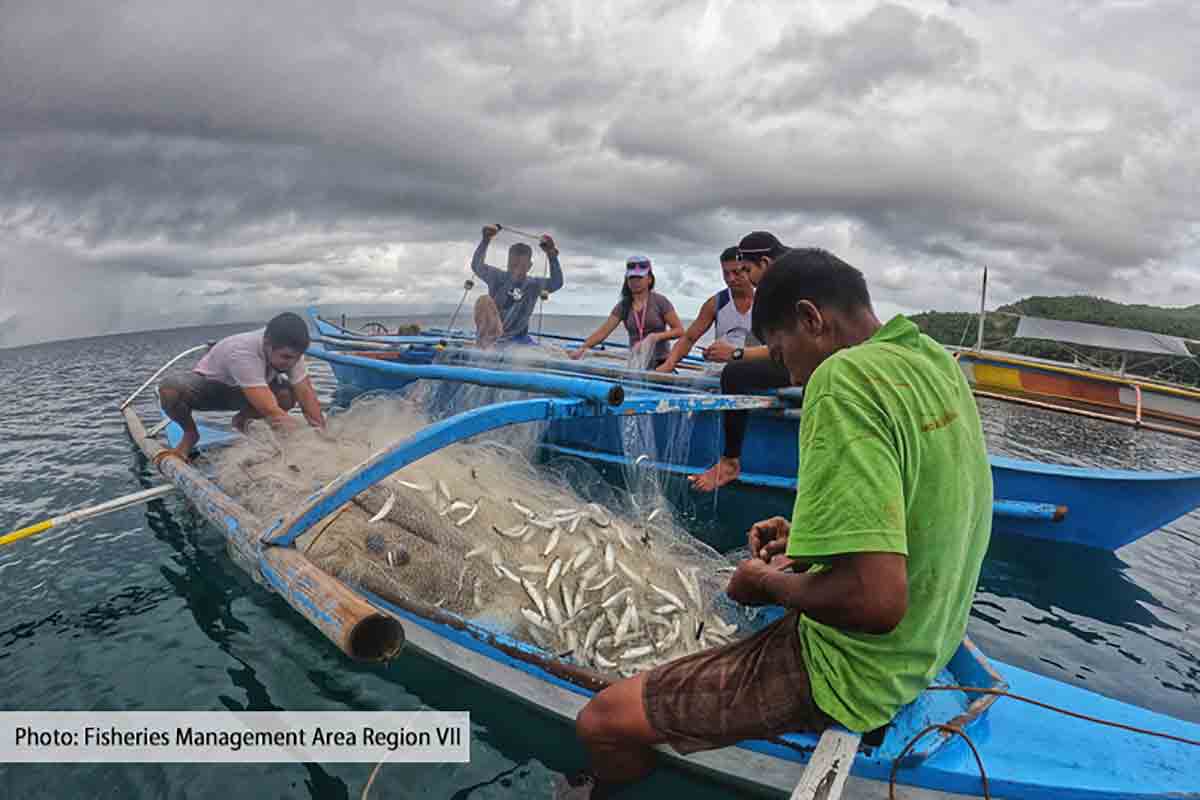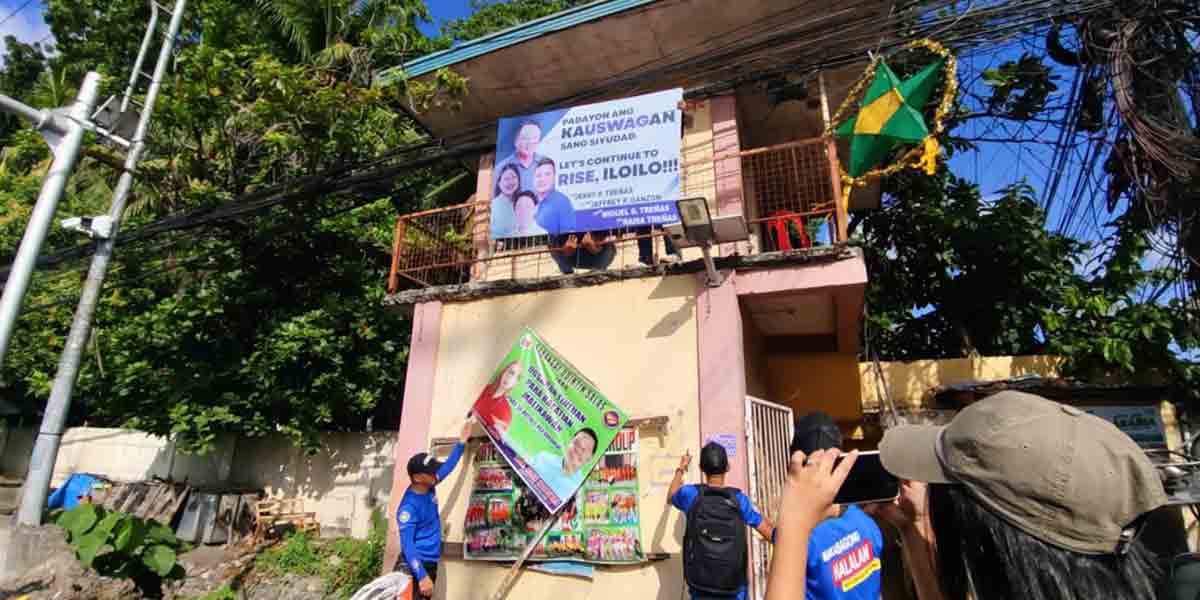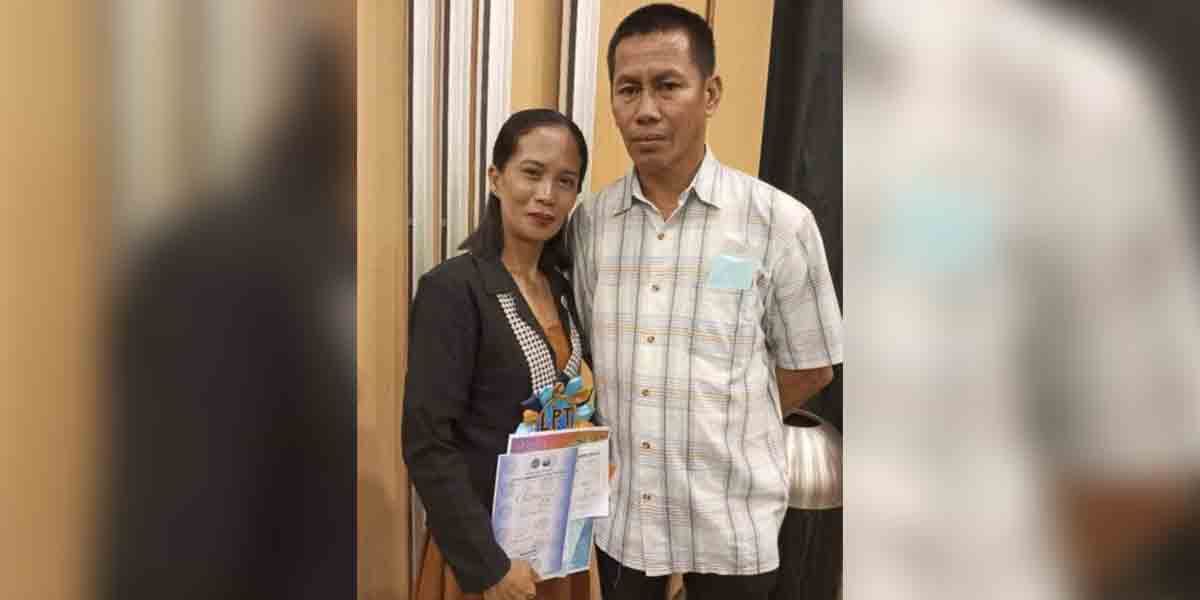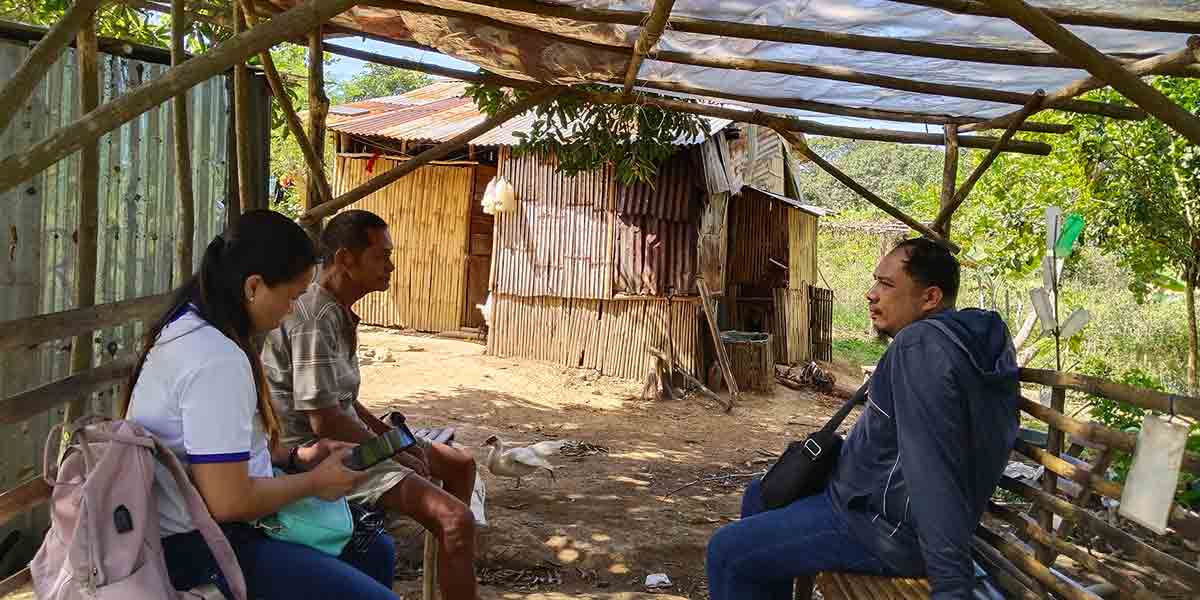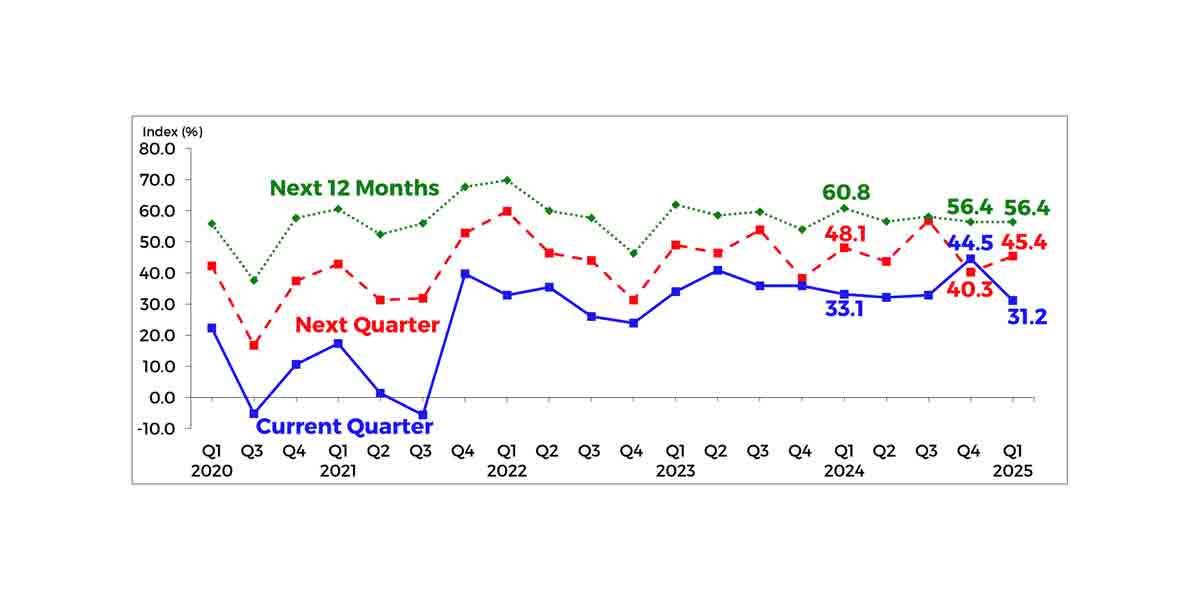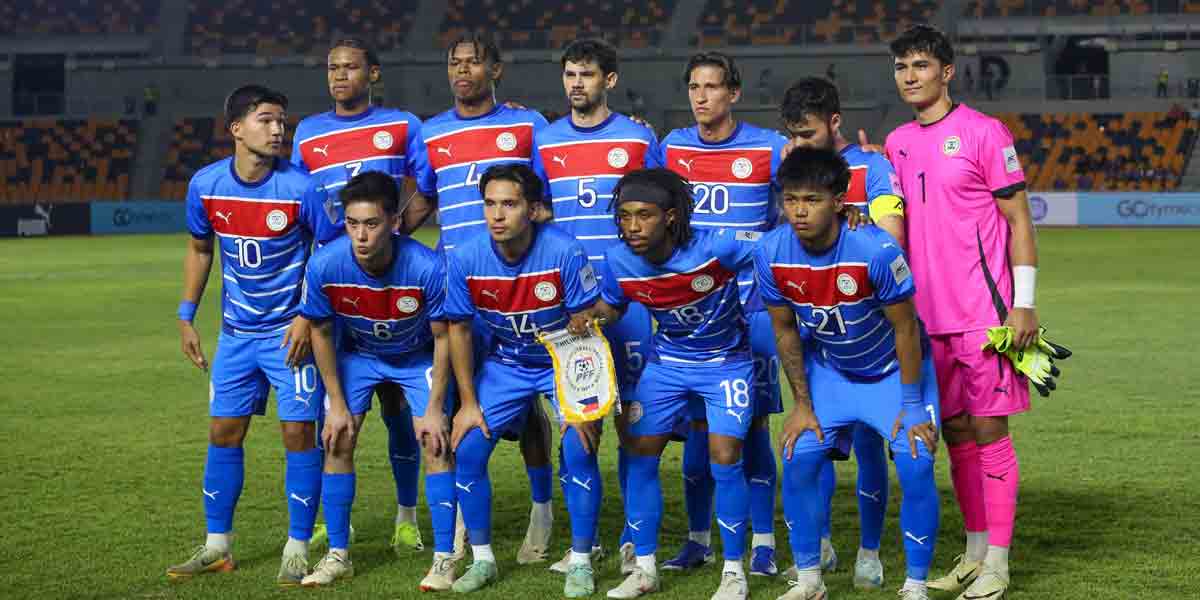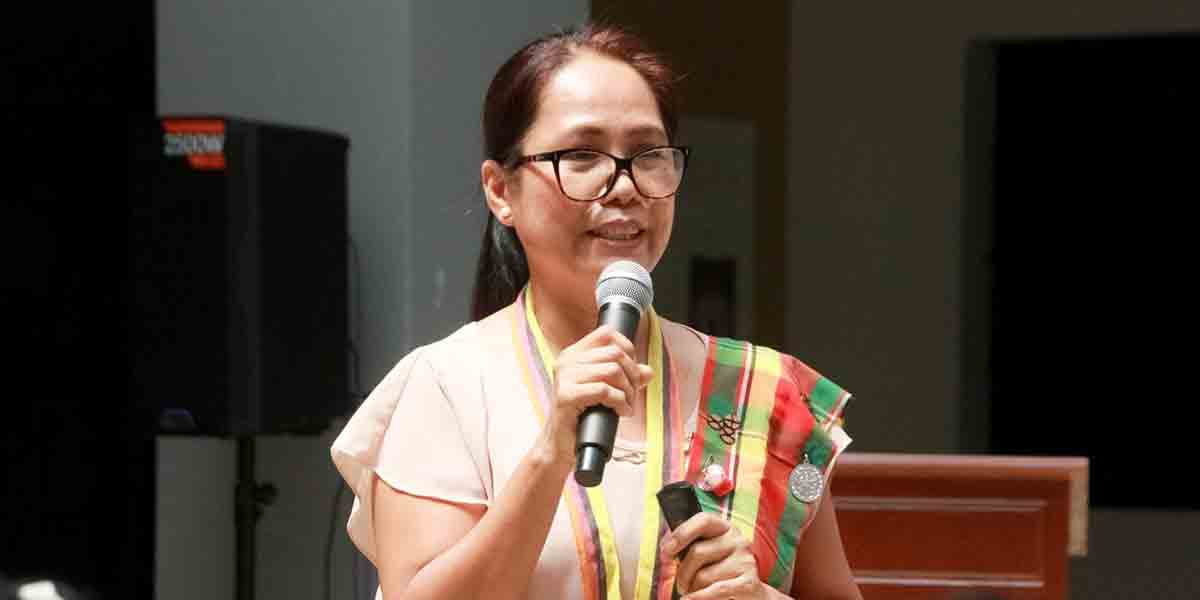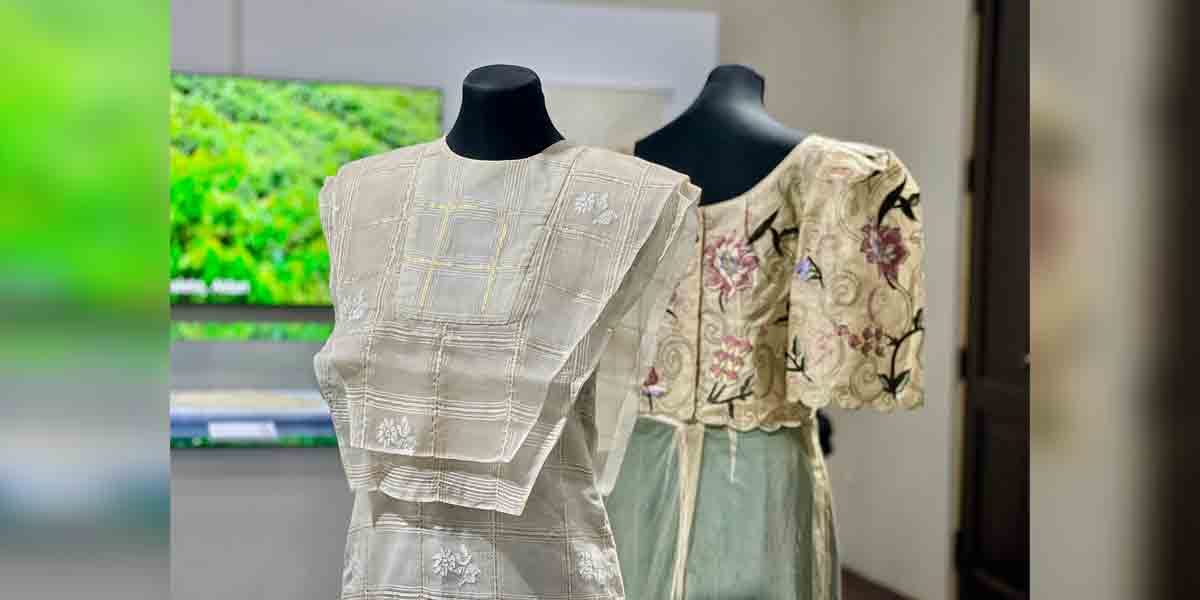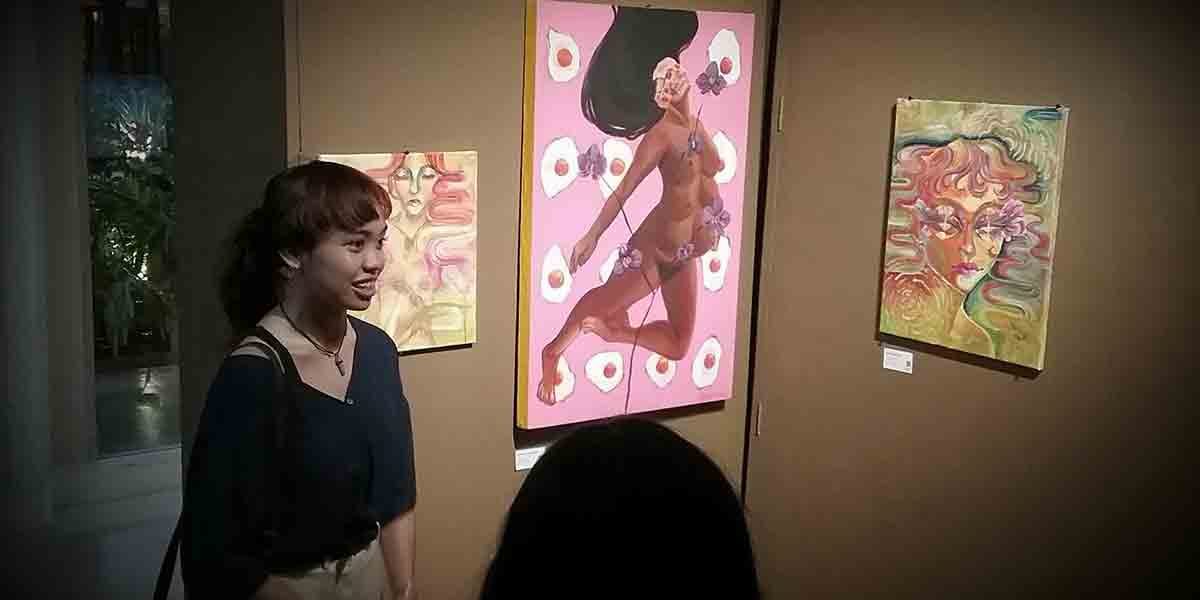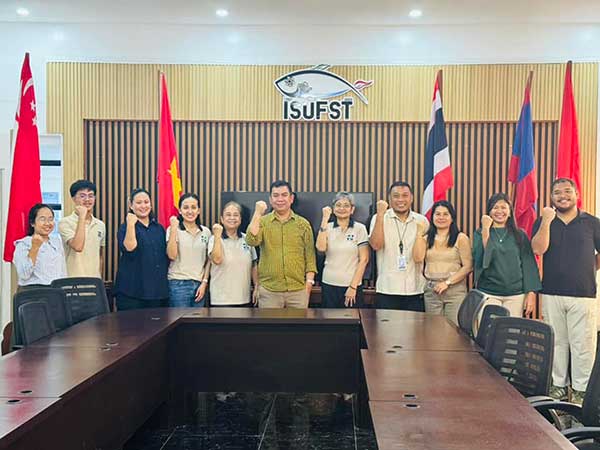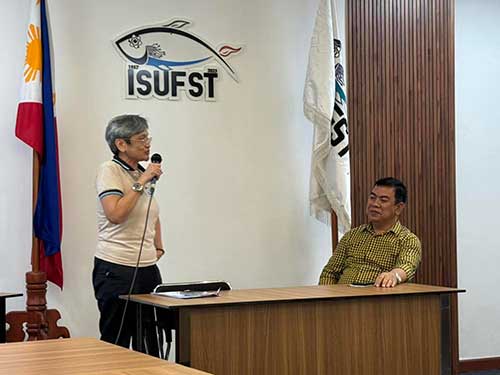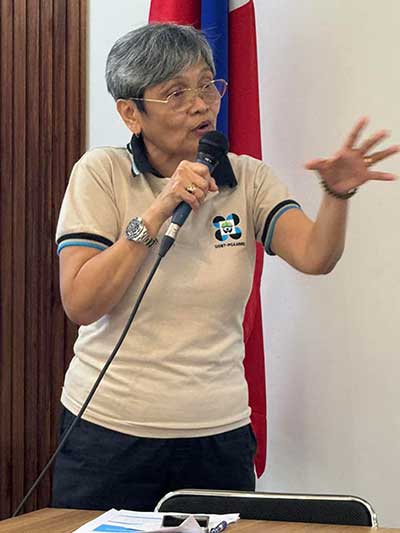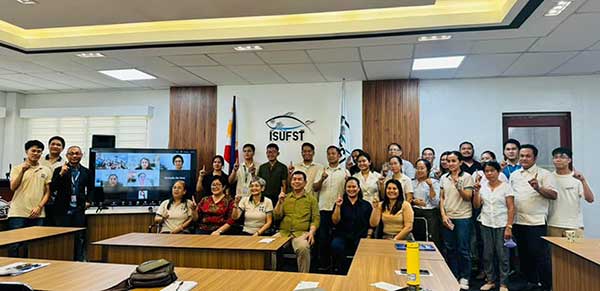BAROTAC NUEVO, Iloilo — The Iloilo State University of Fisheries Science and Technology (ISUFST) has embarked on a groundbreaking research project aimed at advancing oyster farming and marine sustainability, with a focus on population genetics and molecular characterization of oysters.
The PHP 5 million initiative, funded by the Department of Science and Technology’s Philippine Council for Agriculture, Aquatic, and Natural Resources Research and Development (DOST-PCAARRD), held its inception meeting on September 9, 2024, at ISUFST’s Main Campus in Tiwi, Iloilo.
Dubbed the “Pearl Genes Project,” the two-year research endeavor seeks to enhance the understanding of commercially significant oyster species, including pearl oysters, through multigene DNA analysis.
The project is seen as a crucial step toward fostering sustainable aquaculture and contributing to the Philippines’ growing blue economy, a term used to describe the sustainable use of ocean resources for economic growth and improved livelihoods while preserving the health of marine ecosystems.
ISUFST at the Forefront of Marine Science Research
ISUFST President Dr. Nordy D. Siason, Jr. welcomed key stakeholders and highlighted the project’s potential to influence both local communities and national economic growth.
“This project, led by Dr. Mary Mar Payne, places ISUFST at the forefront of marine science research,” Dr. Siason said. “Sterling initiatives like this highlight the significance of faculty-driven innovations that have a tangible impact on the environment and the livelihood of our communities.”
The research project aims to use cutting-edge multigene DNA analysis to identify various oyster species such as pearl, winged, hammer, and thorny oysters. By analyzing genetic diversity and species distribution, the project will provide crucial data for sustainable oyster farming and contribute to environmental conservation efforts.
Sustainable Aquaculture and Blue Economy Contributions
Dr. Payne, the project leader, underscored the critical role that oysters play in marine ecosystems and sustainable aquaculture.
“Our goal is to provide a comprehensive genetic framework that will serve as the foundation for sustainable aquaculture practices,” she said. “This project holds great potential to enhance oyster farming, particularly for pearl production, while promoting conservation efforts and contributing significantly to the blue economy.”
Pearl oysters, along with other species, serve as both a valuable resource for the shell craft and aquaculture industries and as natural biofilters that help maintain water quality in marine ecosystems.
Through this research, ISUFST aims to support local oyster farmers while advancing the Philippines’ role in responsible aquaculture.
A Strategic Collaboration with DOST-PCAARRD
The project is part of a strategic partnership between ISUFST and DOST-PCAARRD, with Dr. Mari-Ann Acedera, Director of DOST-PCAARRD’s Marine Resource Research Division (MRRD), emphasizing the importance of addressing gaps in species diversity and sustainable management.
“This project represents a strategic collaboration between ISUFST and PCAARRD to address gaps in species diversity and distribution, ensuring the conservation and sustainable management of oyster populations,” Dr. Acedera said during the meeting.
The Pearl Genes Project is also part of ISUFST’s flagship research thrust known as “BangKa sa KaBuHi Ta,” which drives the university’s initiatives for sustainable resource management. The focus on oysters (referred to as talaba in the region) reflects the university’s commitment to fostering innovations that uplift local industries while promoting environmental stewardship.
Monitoring and Stakeholder Engagement
Ms. Adela Corpuz, Supervising Science Research Specialist of MRRD-PCAARRD, provided detailed guidelines for technical and financial monitoring of the project, stressing the importance of efficient use of resources.
“Effective monitoring is crucial for ensuring that the project’s goals are met efficiently and that resources are used responsibly,” Ms. Corpuz stated.
The hybrid inception meeting brought together stakeholders from DOST-PCAARRD and ISUFST, as well as community partners and industry representatives, showcasing the broad-based support for the project.
Dr. Payne concluded the event by emphasizing the collaborative nature of the research: “This initiative is more than just research—it is a collaborative effort that will shape the future of aquaculture and marine sustainability in our region and beyond.”
With the growing importance of the blue economy to the Philippines, the Pearl Genes Project is poised to make significant contributions to both scientific understanding and the sustainable management of marine resources, helping to empower local communities and industries. (Text by Herman Lagon/Photos by Mary Mar Payne and Lagon/PAMMCO)

